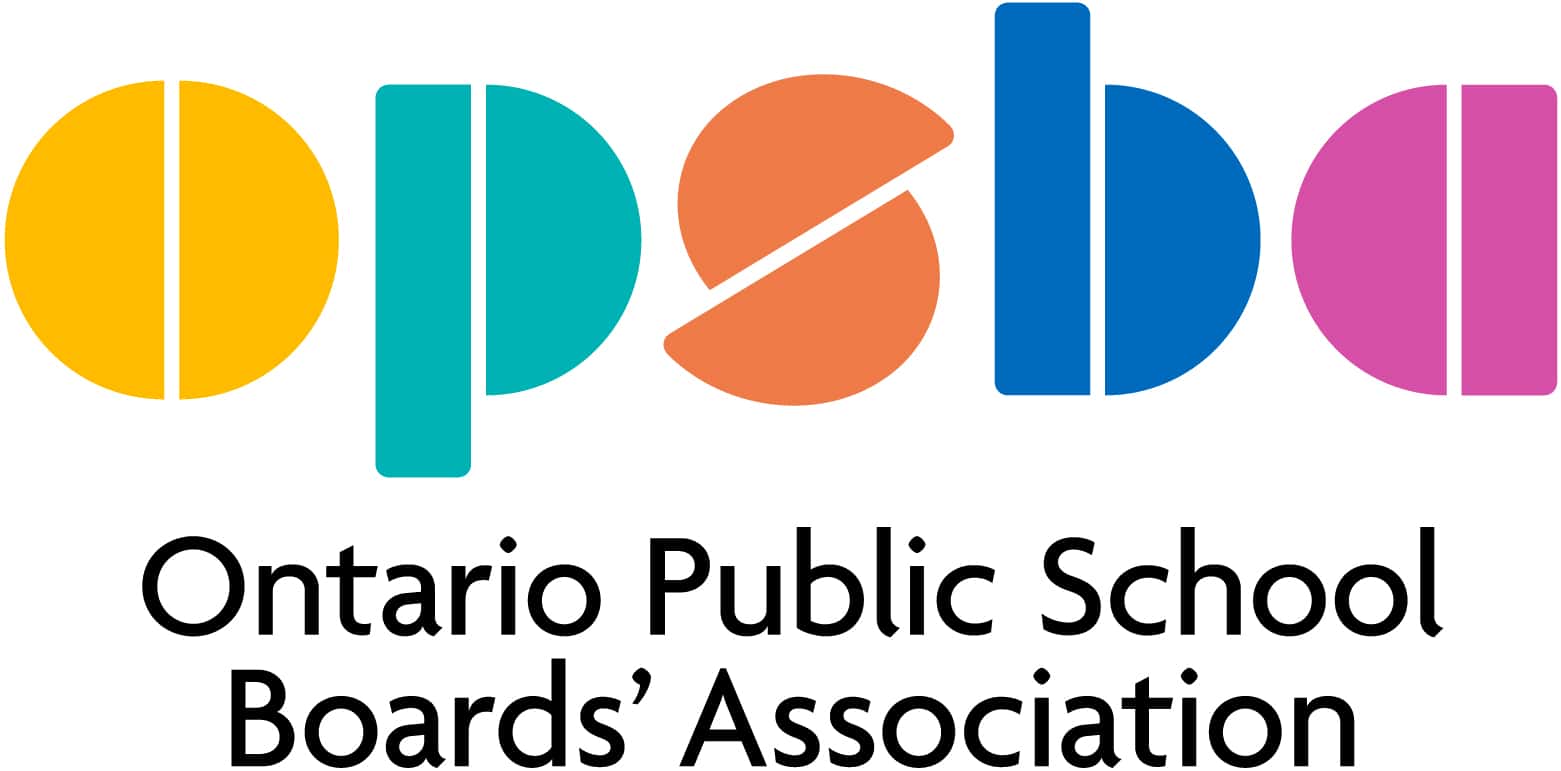
Toronto, October 14, 2010 -Canadians have been electing their peers to local school boards for more than two hundred years. Local school trustees are our neighbours. They come from all walks of life. They are parents, business people, professionals, tradespeople, and homemakers. They have, without exception, taken on the role because they want to make a positive difference for students in our schools. And their record is good.
The academic performance of Canadian students ranks among the best in the world on international student assessment measures. We spend less and achieve higher outcomes than many other countries, including France, the United States and Korea. On these same measures, the consistency of student achievement remains high from region to region in Canada. For parents this means that, despite the challenges of program delivery in remote areas, despite the challenges in classrooms in dense urban areas where a hundred languages are spoken, and despite variations in socio-economic conditions, they can be sure that the local school board offers their children a comparably high level of education no matter where they live in Canada.
A school board reflects society’s belief that a small group of caring citizens will be responsive to the needs of the local community and make sound policy decisions that put students first. Locally elected school trustees put the “public” in public education. They work with the community to create a vision for local education that has a global reach. The goal is to positively influence children’s experiences today and open wide their opportunities for the future.
Trustees have a direct and personal relationship with their communities – unique in all political life. Unlike many members of parliament who may, to a great extent, be invisible outside of election campaigns and constituency days, trustees come face to face with their constituents every day – on the street, in the grocery store, at the hockey arena and in the boardroom. They are directly accountable and they bring that accountability to the communities in which they live and to the families they serve.
On October 25, the citizens of Ontario will once again have an opportunity to elect trustees to their local school board.
It is a challenging fact that municipal elections suffer from the lowest voter turnout in any democratic jurisdiction within Canada. It’s common for mayoral elections to engage only 40 per cent of the electorate, and even fewer votes are cast for councillors or trustees.
So, what do trustees do? They make sure that school systems are run well. They are responsible for long-term planning that is focussed on continuous improvement for the students in their care. In setting goals and directions they work with their communities to make sure that local education dollars are being spent on local priorities. On top of the work they do directly with their constituencies, trustees deal with, program delivery, budget, building issues and policies affecting school and workplace environments. They represent the concerns of children, families and their local board in meetings with other levels of government and community forums. They also represent the full range of constituents who do not have children in school through the contribution schools make to a vibrant community. In all their work they advocate for the connection between effective public education and the future strength, not just of the economy, but of the social fabric of our province and our country.
This is the work of community cohesion and nation-building and it is worth it to Ontario citizens to re-engage in local politics.
When democratic institutions are eroded by apathy and ignorance, the distance between the individual and the influence they can exert on what matters to them is diminished and everyone loses. That is why the Ontario Public School Boards’ Association is partnering with Student Vote to empower the next generation to take back their place in local democracy.
Student Vote offers a relevant and powerful way for young people to kick-start their citizenship through practice at an early age. Student Vote is coordinating a parallel election for students under the voting age. This fall, Ontario’s elementary and secondary students will experience the democratic process by participating in a local government election simulation and cast ballots for the official candidates running for mayor, councillor and school trustee.
Student Vote aims to build a direct experience of democratic participation among students. Ontario students have voted in the 2003 and 2007 parallel provincial elections, and the last 3 federal elections. In the last 2007 Ontario provincial election, 2,100 elementary and secondary schools registered to participate and approximately 300,000 students cast a Student Vote ballot. 1,500 Ontario schools have registered to participate in this fall’s campaign. The program has now coordinated nine parallel election programs across Canada with millions of Student Vote ballots cast.
Student Vote is a winner. Everywhere that students participate, their teachers report that they are more engaged, knowledgeable and experienced in the democratic process. And now they are taking it to where it all began – to school boards and municipalities.
Are you still unclear about the importance of the Municipal elections? Ask a student to explain.
Catherine Fife
President of the Ontario Public School Boards’ Association
Taylor Gunn
Chief Election Officer of Student Vote
-30-
For more information contact:
Jeff Sprang
Communications
416-340-2540


